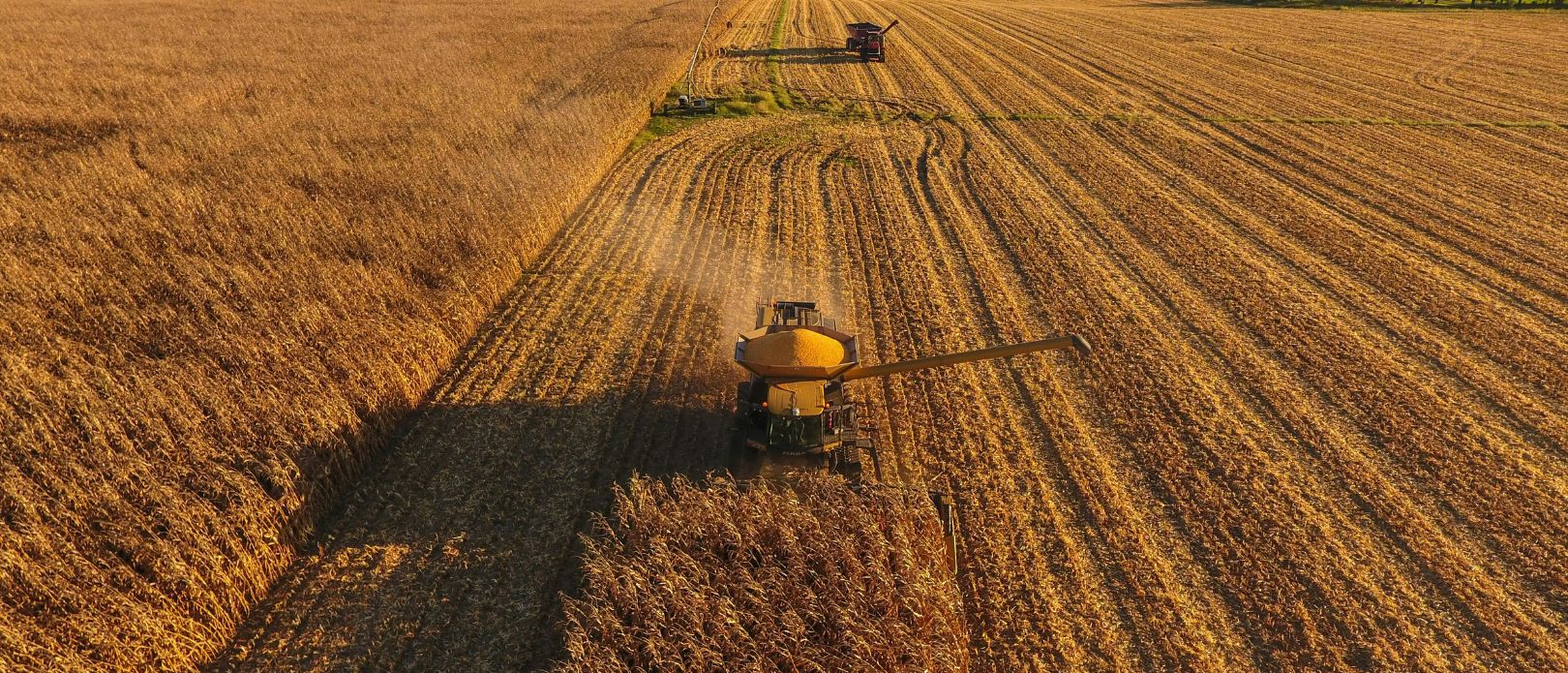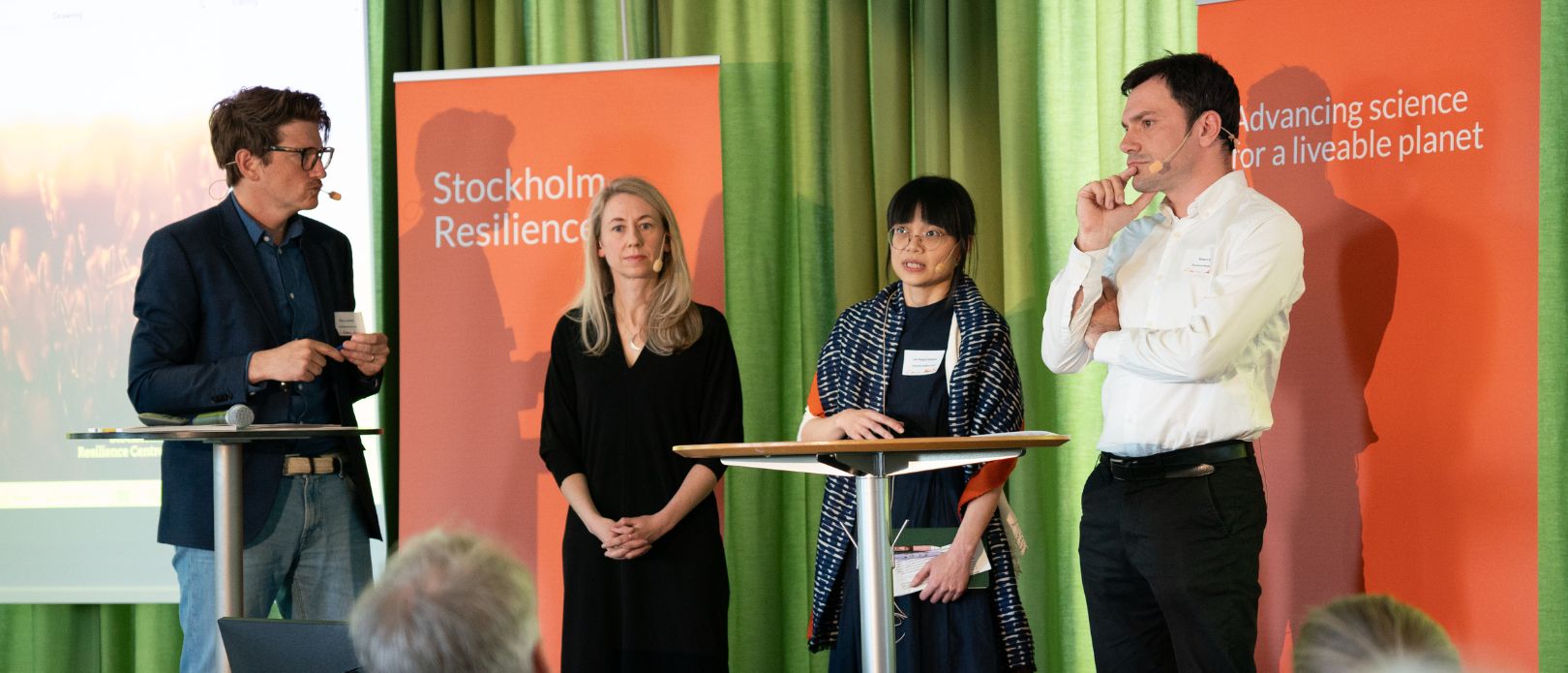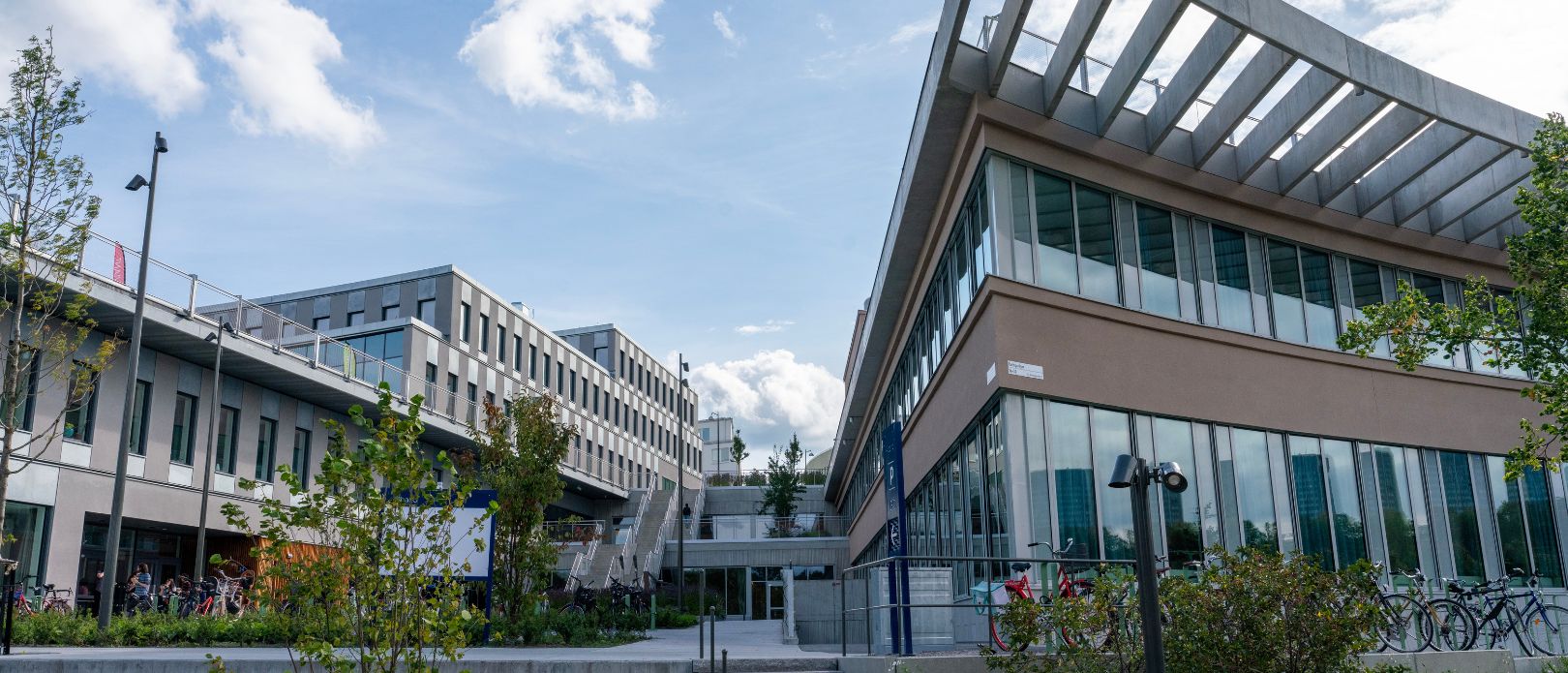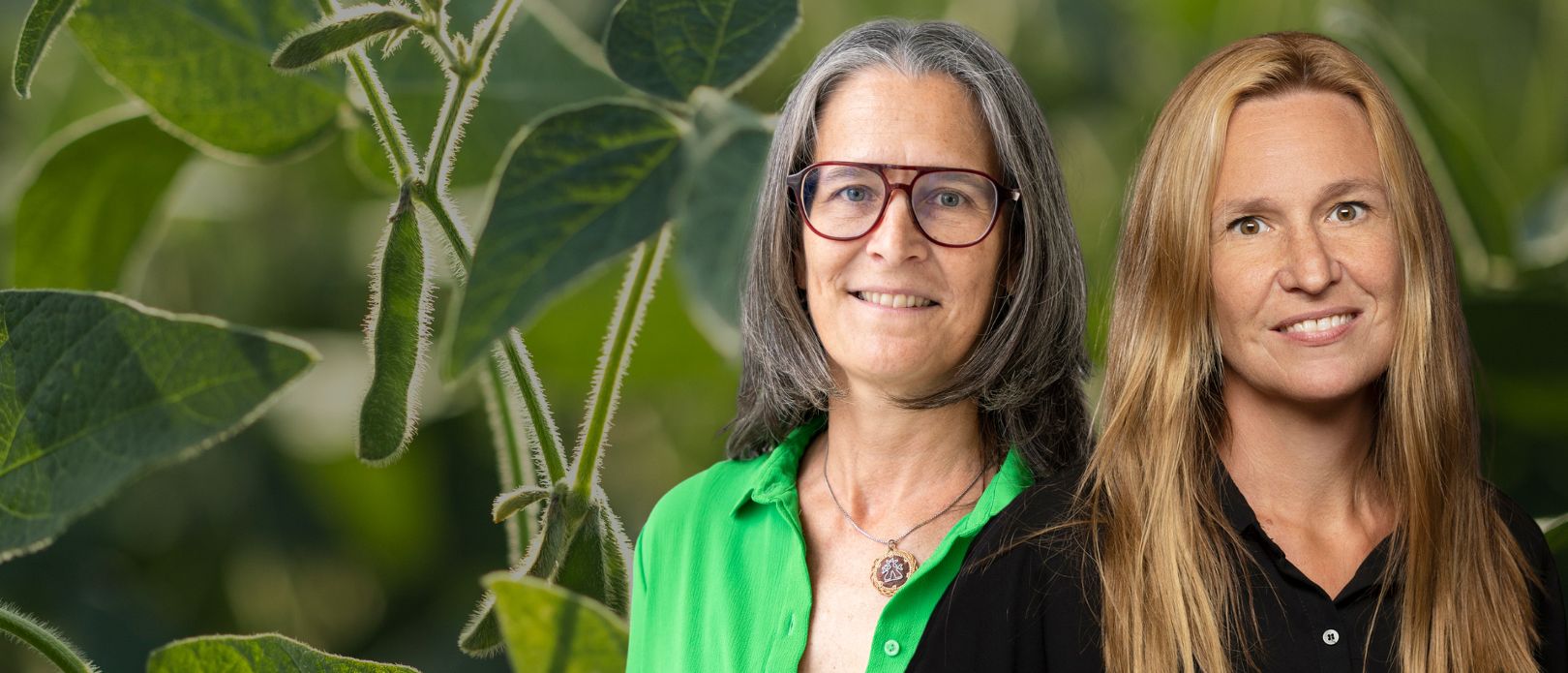This focus area studies the prerequisites for and pathways to sustainable and resilient global food systems
Food lies at the heart of healthy people, thriving societies and a sustainable planet. One of humanity’s greatest challenges is how to produce enough healthy food for the growing world population while at the same time reducing food’s negative social and environmental impacts. The science is clear - food systems must change if we are to rise to this challenge and support sustainable development for all. But what mechanisms could achieve an equitable food system transformation at scale?
The food-related research at the Stockholm Resilience Centre is diverse. It spans all steps of the value chain, from food production — including considerations for ecosystem services and ‘blue food’ from oceans and freshwater systems — to food consumption, including tools to change consumer behaviour.
We analyse food systems all over the world, giving a global perspective on land use change, food trade and risks associated with our current food systems. Regional research highlights the role of indigenous knowledge, gastronomic landscapes and small-scale ‘seeds’ of hope in sustainable food systems.
To extend our knowledge beyond the scientific evidence, we work with a range of food system actors, from large ‘keystone’ actors to policy-makers, and youth groups to farmers and fishers.
Throughout these diverse strands of research, there is a common emphasis on achieving food system sustainability at all levels of the food supply chain and in multiple contexts and geographical regions.
To that end, three action tracks guide our work:
- Transdisciplinary approaches for food system transformation
- Navigating the solution space
- Food system resilience and equity in the Anthropocene









